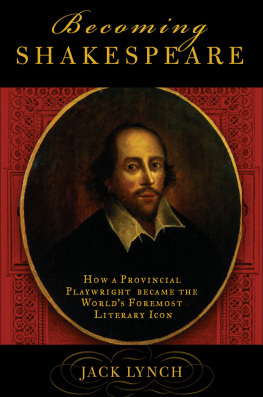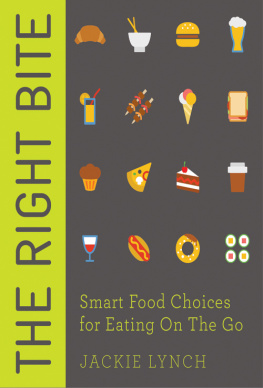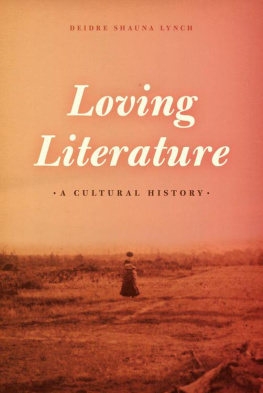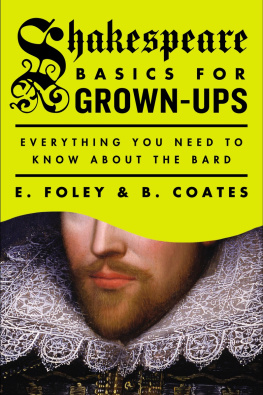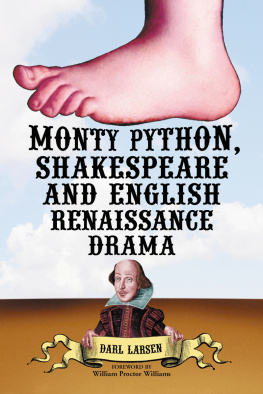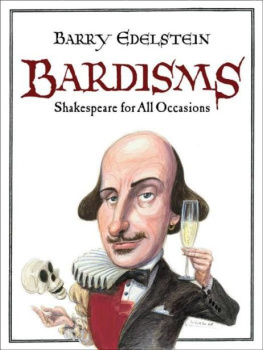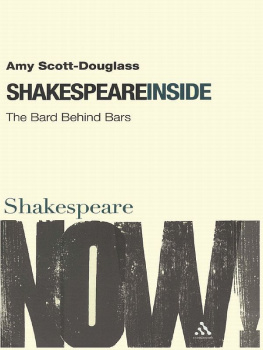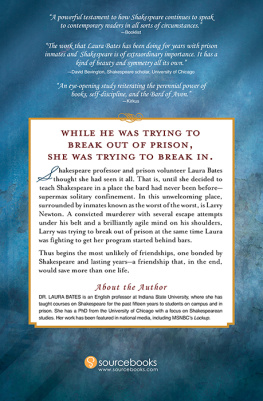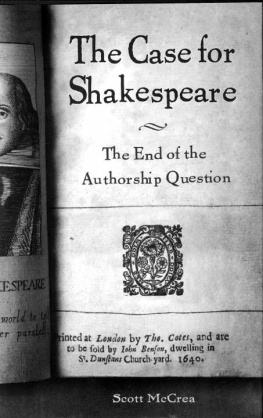You Could Look It Up
The Reference Shelf From Ancient Babylon to Wikipedia
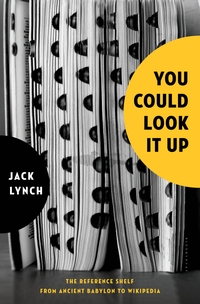
We live in a world where knowledge is quite literally at our fingertips, where Google is its own verb, and where ever-present access to information reminds us just how limitless that information ishow much there is to learn. This is not, however, a new paradox in human history. As Samuel Johnson said in 1775, Knowledge is of two kinds. We know a subject ourselves, or we know where we can find information upon it. In You Could Look It Up, Jack Lynch shares the fascinating and interwoven histories of reference works, from The Code of Hammurabi to Wikipedia, telling the story of how humans learn what they dont already know. Plinys Natural History, the eleventh-century Domesday Book recording land holdings in England, Abraham Orteliuss first atlas of the world, Samuel Johnsons A Dictionary of the English Language, The Whole Earth Catalog, and Google are only some of the invaluable reference works Lynch includes in this sweeping and fascinating history of the unquenchable human thirst for knowledge.
If your device had internet capabilities, please click here for more information.
BECOMING SHAKESPEARE
Samuel Johnson's Dictionary (editor)
Samuel Johnson's Insults (editor)
The Lexicographers Dilemma
Becoming Shakespeare
THE UNLIKELY AFTERLIFE THAT TURNED A
PROVINCIAL PLAYWRIGHT INTO THE BARD

Jack Lynch

Copyright 2007 by John T. Lynch
All rights reserved.
You may not copy, distribute, transmit, reproduce, or otherwise make available this publication (or any part of it) in any form, or by any means (including without limitation electronic, digital, optical, mechanical, photocopying, printing, recording, or otherwise), without the prior written permission of the publisher. Any person who does any unauthorized act in relation to this publication may be liable to criminal prosecution and civil claims for damages. For information address Bloomsbury USA, 1385 Broadway, New York, NY 10018.
Published by Bloomsbury Press, New York
Bloomsbury is a trademark of Bloomsbury Publishing Plc
LIBRARY OF CONGRESS CATALOGING-IN-PUBLICATION DATA HAS BEEN APPLIED FOR.
eISBN: 978-0-802-71867-9
Art credits: courtesy of the Horace Howard Furness Memorial Library, University of Pennsylvania. Courtesy of the Edwin Forrest Collection, Rare Book and Manuscript Library, University of Pennsylvania. Courtesy of Special Collections and University Archives, Rutgers University Libraries. Courtesy of the Rosenbach Museum & Library, Philadelphia. Courtesy of the Singer-Mendenhall Collection, Rare Book and Manuscript Library, University of Pennsylvania.
First U.S. edition 2007
Electronic edition published in 2007
To find out more about our authors and books visit www.bloomsbury.com. Here you will find extracts, author interviews, details of forthcoming events and the option to sign up for our newsletters.
When I quote Shakespeare I normally use the Oxford Shakespeare of 1986, in which the editors, Stanley Wells and Gary Taylor, have modernized the spelling and punctuation (though I use the familiar traditional titles of the plays). When I quote other editions I say so. In most of the quotations from other authors, I've followed the original spelling and punctuation of my sources, with only minimal modernization. At first the older forms of the language may seem alien, but I hope the original spelling gives some of the flavor of the times. Besides, as Samuel Johnson wrote, "If phraseology is to be changed as words grow uncouth by disuse,... the history of every language will be lost; we shall no longer have the words of any authour."
A few tips will make it easy to decode the older quotations, and soon it will become second nature. First, until the middle of the nineteenth century, the spelling of Shakespeare's name was variable; it will be spelled many ways here, as Shakespeare, Shakespear,Shakspeare, Shakspere, and so on. (There were even early spellings like Shagspere and Shaxberd; the critic E. K. Chambers tallied eighty-three recorded spellings.) The same sort of variation occurred in other words, any of which might have had a half-dozen legitimate spellings, even in a single book. In the sixteenth and seventeenth centuries, the letters U and V were in some places interchangeable; ditto I and Jthus vniuersal sometimes appears for universal, and John is sometimes spelled lohn. Consonants were often doubled willy-nilly, and silent e's were more common than they are now. Et cetera was often abbreviated &c (the ampersand, &, was originally a scribal shorthand for the Latin et). Older rules for capitalization and italics were also different from ours. Decoding old handwriting is a little more complicated, since it often used abbreviationsyeand ytfor instance, for the and that. Note that all of these oddities affect just spelling, not pronunciation: ye was pronounced "the," never "ye/' just as vniuersal was pronounced "universal."
I did, however, make a few changes where the older typography threatened to pose real problems for comprehension. First, I changed the long s, the one that looks to modern eyes like an I, to the more familiar short form; I turned VV into a modern W; I eliminated "running quotation marks"; and I expanded a few abbreviationssome early sources omitted n's after vowels, replacing them with marks over the vowels: Getleme, for instance, which I present as Gentlemen. And I print underscored passages in manuscripts as italics. Everything else, though, is presented as the authors wrote it, with the occasional clarification supplied in [square brackets].
BECOMING SHAKESPEARE
On Thursday, 25 April 1616, William Shakespeare's mortal remains were laid to rest. It was a bright, warm spring afternoon in Stratford-upon-Avon; a few high clouds provided an ironically cheerful counterpoint to the melancholy mood below. Inside the Church of the Holy Trinity, crowded around a fresh grave, stood the playwright's many admirers, who had been following his career in London since he first arrived on the theatrical scene a quarter century earlier. Some in the back jockeyed for position to see what was going on. Closer to the front were some of the most distinguished theatrical men of the day: the actor Richard Burbage, the playwrights Philip Massinger and Thomas Heywood, and Shakespeare's partners in the King's Men theatre company, John Heminges and Henry Condell. By far the most important guest was Henry Wriothesley, third Earl of Southampton, Shakespeare's friend and patron from the beginning of his career. The mourners took turns reading passages from his poems and plays, their voices quivering with emotion. Ben Jonson even contributed a poem of his own to mark the sad occasion.
Or maybe not.
Maybe it was a cold, dark morning. Shakespeare had died suddenly, and few of his London friends had received the news that his end was imminent. Even fewer were able to make the trip to Stratford: the spring rains had washed out many of the roads from the capital. Only his local friends, including a few who had known him since childhood, made it to the service. The center of attention was Anne Shakespeare, nee Hathaway, her eyes red as she wept over her husband's casket and received comforting embraces from their daughters, Susanna and Judith.
Next page
